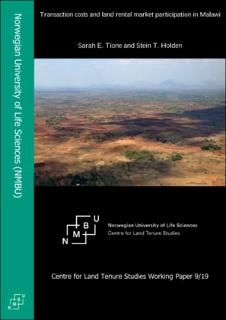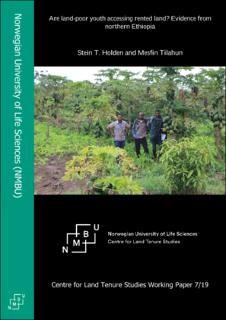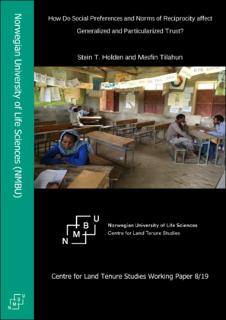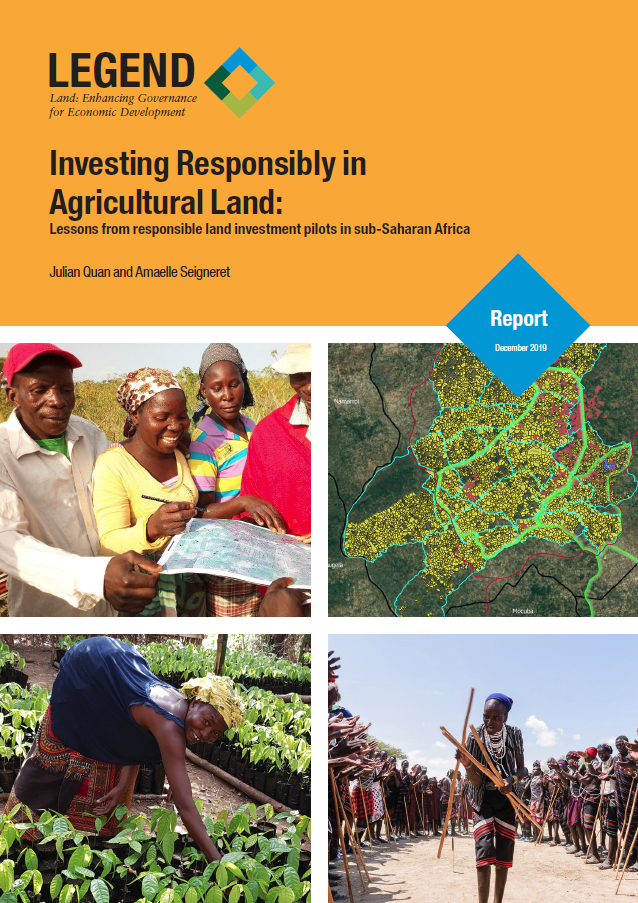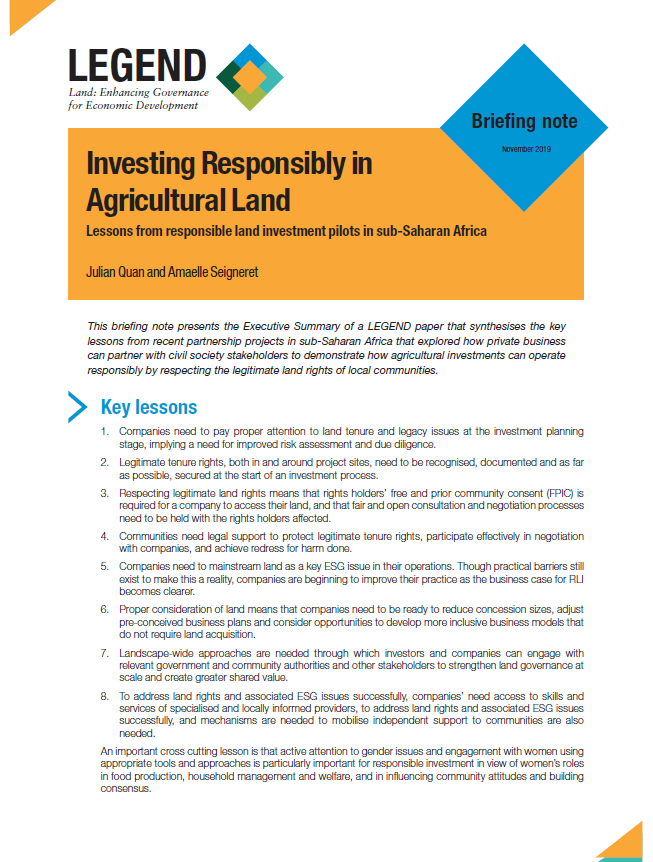How beans are beating hunger in Burundi
Burundi’s population has been expanding
far faster than its economy. And while the
agriculture sector contributes around 40%
of GDP and to over 95% of food supplies,
high pressure on land is leading to soil
fertility depletion, eroding the country’s
capacity to ramp up food production for a
growing population.
The Flagship project: “Improving food
security, nutrition, incomes, natural
resource base and gender equity for better
livelihoods of smallholder households in
sub-Saharan Africa†between 2015 and



